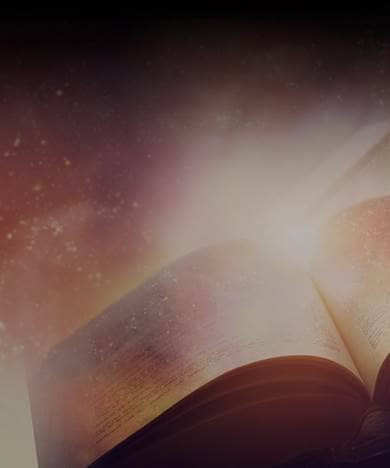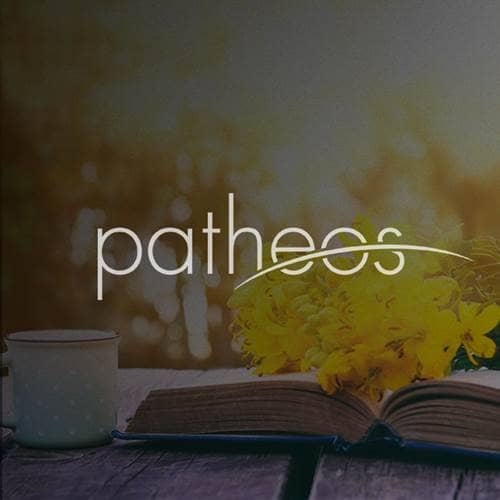- Trending:
- Pope Leo Xiv
- |
- Israel
- |
- Trump
- |
- Social Justice
- |
- Peace
- |
- Love

RELIGION LIBRARY
Egyptian
Ancient indigenous Egyptian religion can be traced by to the 4th millennium B.C.E. These religious practices and beliefs were fully integrated into Egyptian civilization, culture, and society. Some of these ancient beliefs included a belief in the gods as well as a doctrine emphasizing human piety. The Egyptians believed the cosmos consisted of the interaction between the gods, the king (the Pharaoh), and the world, of which Egypt was the center. The role of the king was to maintain balance between the gods and the world. Egyptian religion believed that both the gods and the king were divine and both were essential in Egyptian public religion. The king was only minor deity because he existed between humanity and the gods, interacting with both. Ancient Egyptian religion has a wide variety of gods that took on various forms including multiple animal forms as well as cosmic beings. Some of the most important gods were the Sun God (Re or Ra), Osiris (the god of the dead and the ruler of the underworld), and Horus (the Sky god). Central to ancient Egyptian religion was the concept of order. The king's role was to bring order where there was disorder (izfet) both on the cosmic and social levels. Egyptian religion was distinguished by its many cultic rituals, which usually focused on the worship of an image of a specific deity. Some of the religious practices included magic, divination and oracles, various festivals, as well as interaction with the dead.
Quick Facts
| Formed | -3000 |
| Adherents | Unknown |
| Deity | Pantheon of Deities |
| Sacred Text | Variety of hieroglyphic texts, on papyrus rolls and on architecture |
| Origin | Egypt |
| Headquarters | None |










